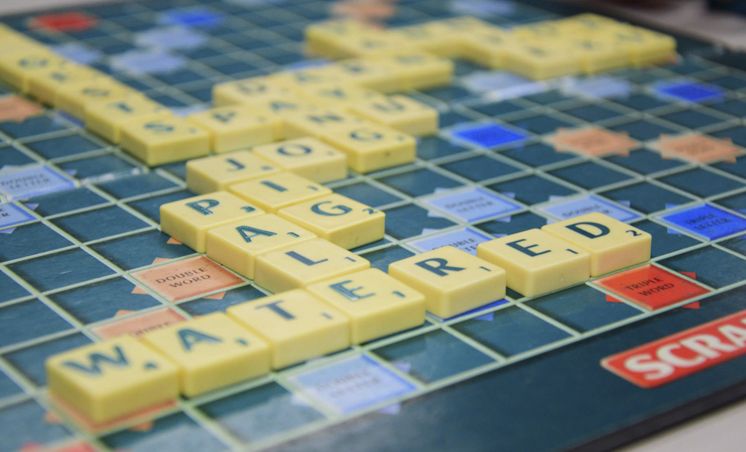
Vocabulary is the knowledge of words and their meanings. Because vocabulary knowledge is critical to reading comprehension, it is essential that those working with young readers implement effective vocabulary teaching strategies so that their students can develop an extensive word bank.
Instruction of vocabulary means more than just looking up words and their definitions, it requires indirect exposure to words as well as intentional word strategies. Here are a few motivational activities to help increase your students’ writing, speaking, listening, and reading vocabularies.
Teaching Strategies: Inventive Vocabulary
One of the most effective ways to teach young students new vocabulary words is to teach them unfamiliar words. For this activity, make a list of words that you know are unknown to your students. Then, every day, choose one word from the list and write that word in a sentence on the front board, remembering to underline the unknown word. Instruct students to read the sentence on the board and try to think of what the underlined word means.
Next, instruct students to draw a picture to show what they think the word means. Encourage each child to show off their illustrations and explain what they think the underlined word means. Once everyone has had a turn, together as a class look up the real definition in the dictionary. Here are a few example sentences to get you started.
The Discovery Box
This daily activity will be sure to increase your students’ vocabulary in no time. For each student, create a blank book. You can easily do this by stapling 26 blank pages of paper between two pieces of colorful cardstock. Instruct students to label each page in their booklet in alphabetical order. Each night (or a few times a week), have students search at home for a new or interesting word. Instruct students to cut this word out (it can be from a cereal box, the newspaper, an old magazine) and glue it to an index card. Then, the following day, students bring in their cards and place it into the “Discovery Box.” At some point in the day, randomly call upon a student to choose one card from the box and write the word and its definition on the front board for his/her classmates to write into their booklets. Continue this process throughout the school year.
Word Awareness
Increase your students’ word awareness by having them create a word collage. Supply students with a variety of different materials to get their words from, like magazines, newspapers, old workbooks or textbooks, etc. Challenge them to find 20 new and interesting words that really stand out to them. These words should be of different colors, sizes, and shapes. Once they find their 20 words, instruct them to glue the words (anyway that they please) onto a white piece of cardstock or construction paper. Once the collages are completed, have students show them off to their classmates and tell them their favorite word on the collage. Then, display their fantastic work outside of your classroom for all to see!
Words and Literature
A great way to enrich your students’ vocabularies is to have fun with words through literature. Ruth Heller is a wonderful author who has written a collection of children’s books that are great for extending language, books such as “A Cache of Jewels and Other Collectible Nouns,” “Many Luscious Lollipops: A Book About Adjectives,” and “Fantastic! Wow! and Unreal!: A Book About Interjections and Conjunctions.” These are just three of her many books that are filled with language opportunities to enrich your students’ vocabularies. Another great book collection is the Ameila Bedelia series by Peggy Parish. Ameila’s outrageous literal interpretations of words will have your students in squeals of delight.
Effective vocabulary learning means you must provide students with multiple exposures to words and their meanings. If you can get students to be interested in playing with words now then, you have won half the battle of creating students who love words throughout their lifetime.
SOURCE:
http://www.teachhub.com/teaching-strategies-vocabulary-expansion
